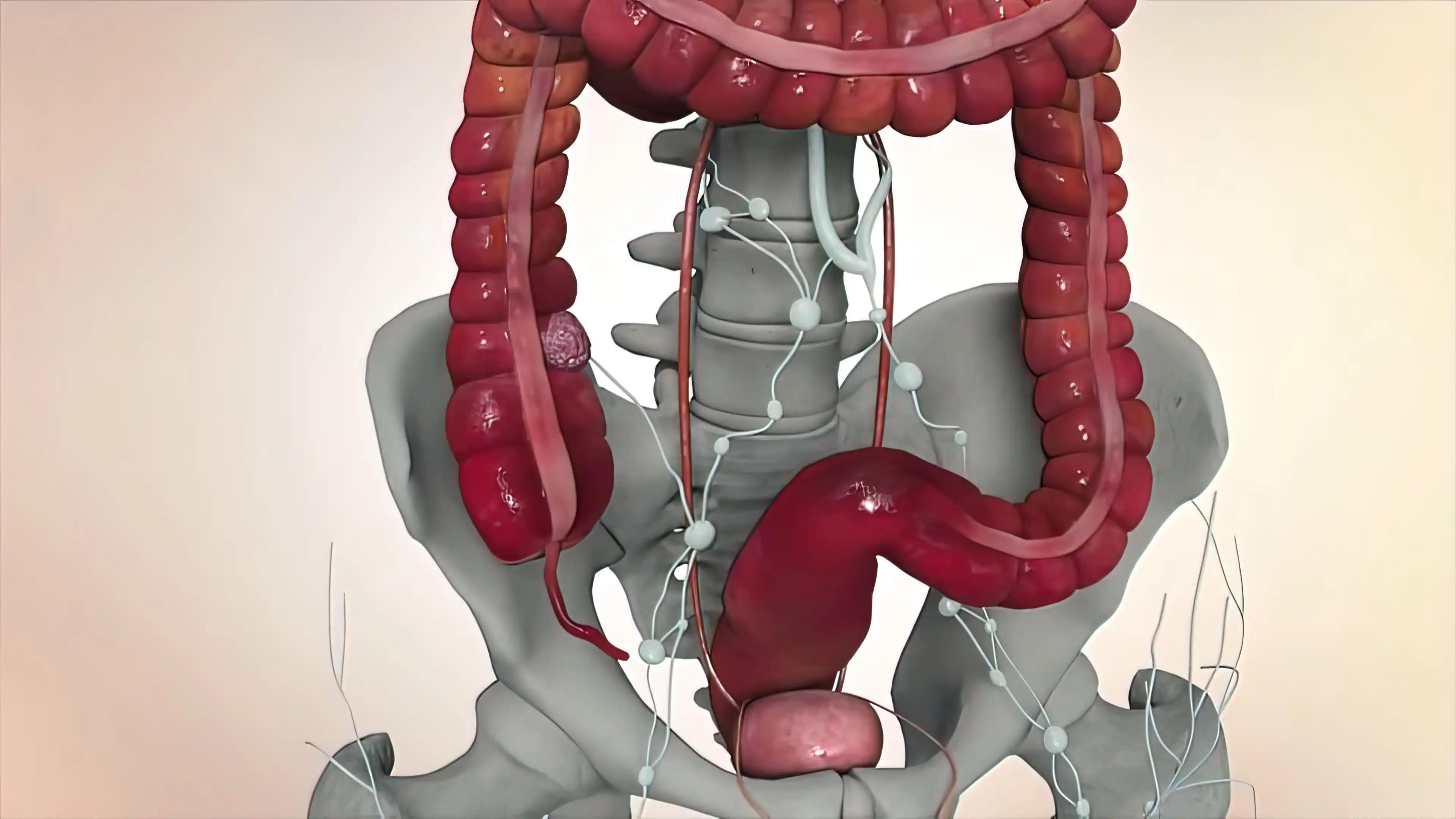KEY TAKEAWAYS
- Phase 3 PD(L)-1 trial investigated the benefit of durvalumab and tremelimumab alone or with radiotherapy in NSCLC patients resistant to PD(L)-1 therapy.
- The primary aim was to assess the overall response rate of the different treatment regimens.
- Patients were randomly assigned to receive durvalumab and tremelimumab alone or with low-dose or hypofractionated radiotherapy.
- Radiotherapy did not increase responses to combined PD-L1 plus CTLA-4 inhibition in patients with NSCLC resistant to PD(L)-1 therapy. However, PD-L1 plus CTLA-4 therapy could be a treatment option for some patients.
- Future studies should refine predictive biomarkers to identify better patients who may benefit from PD-L1 plus CTLA-4 therapy.
Resistance to PD-1 and PD-L1 (PD[L]-1) targeted therapy is associated with poor outcomes for patients with non-small-cell lung cancer (NSCLC). However, there is evidence from research that radiotherapy can improve anti-tumor immunity. So, researchers looked into whether or not radiotherapy plus PD-L1 (durvalumab) and CTLA-4 (tremelimumab) inhibition would be more effective. The National Cancer Institute’s Experimental Therapeutics Clinical Trials Network conducted this randomized, open-label, phase 2 study at 18 locations across the United States. Eligible patients had to be 18 or older and have metastatic NSCLC with an Eastern Cooperative Oncology Group performance status of 0 or 1.
The study statistician used a web-based randomization system to randomly assign patients (1:1:1) to receive either low-dose (05 Gy delivered twice a day, repeated for 2 days during each of the first four cycles of therapy) or hypnotherapy, plus durvalumab (1,500 mg intravenously every 4 weeks for a maximum of 13 cycles) or tremelimumab (75 mg intravenously every 4 weeks for a maximum of four cycles). The average duration of treatment in the study was 1 year. The primary endpoint was the overall response rate (the best locally assessed confirmed response of a partial or complete response). It was evaluated alongside safety in patients who received at least one dose of study therapy. The trial, with the identifier NCT02888743 on ClinicalTrials.gov, has concluded.
Eighty-eight patients (26 in each group) were successfully treated out of 90 enrolled patients and randomly assigned between August 24, 2017, and March 29, 2019. After an interim analysis determined the trial was futile, it was terminated. Overall response rates did not differ between the low-dose radiotherapy group (two [7.7%, 00-163] of 26 patients; p=0.64) and the hypofractionated radiotherapy group (three [11.5%, 90% CI 1.2-21.8] of 26 patients; p=0.99) at a median follow-up of 12.4 months (IQR 7.8-15.1). Two patients (8%) in the durvalumab-tremelimumab alone group, three patients (12%) in the low-dose radiotherapy group, and three patients (12%) in the hypofractionated radiotherapy group experienced dyspnea. In contrast, one patient (4% of patients) in the durvalumab-tremelimumab alone group experienced hyponatremia. One patient (4%) in the durvalumab-tremelimumab alone group experienced a serious adverse event (maculopapular rash) related to treatment. In contrast, five (19%) patients in the low-dose radiotherapy group experienced abdominal pain, diarrhea, dyspnoea, hypokalemia, and respiratory failure (adrenal insufficiency, colitis, diarrhea, and hyponatremia).
One person in the low-dose radiotherapy group died from respiratory failure that may have been related to treatment. Patients with NSCLC resistant to PD(L)-1 therapy did not benefit from radiotherapy in conjunction with CTLA-4 inhibition. However, PD-L1 plus CTLA-4 therapy may be an option for some patients. Predictive biomarkers in this setting should be fine-tuned in future research.
Source: https://pubmed.ncbi.nlm.nih.gov/35033226/
Clinical Trial: https://clinicaltrials.gov/ct2/show/NCT02888743
Schoenfeld JD, Giobbie-Hurder A, Ranasinghe S, Kao KZ, Lako A, Tsuji J, Liu Y, Brennick RC, Gentzler RD, Lee C, Hubbard J, Arnold SM, Abbruzzese JL, Jabbour SK, Uboha NV, Stephans KL, Johnson JM, Park H, Villaruz LC, Sharon E, Streicher H, Ahmed MM, Lyon H, Cibuskis C, Lennon N, Jhaveri A, Yang L, Altreuter J, Gunasti L, Weirather JL, Mak RH, Awad MM, Rodig SJ, Chen HX, Wu CJ, Monjazeb AM, Hodi FS. Durvalumab plus tremelimumab alone or combined with low-dose or hypofractionated radiotherapy in metastatic non-small-cell lung cancer refractory to previous PD(L)-1 therapy: an open-label, multicentre, randomized, phase 2 trial. Lancet Oncol. 2022 Feb;23(2):279-291. doi: 10.1016/S1470-2045(21)00658-6. Epub 2022 Jan 13. PMID: 35033226; PMCID: PMC8813905.



